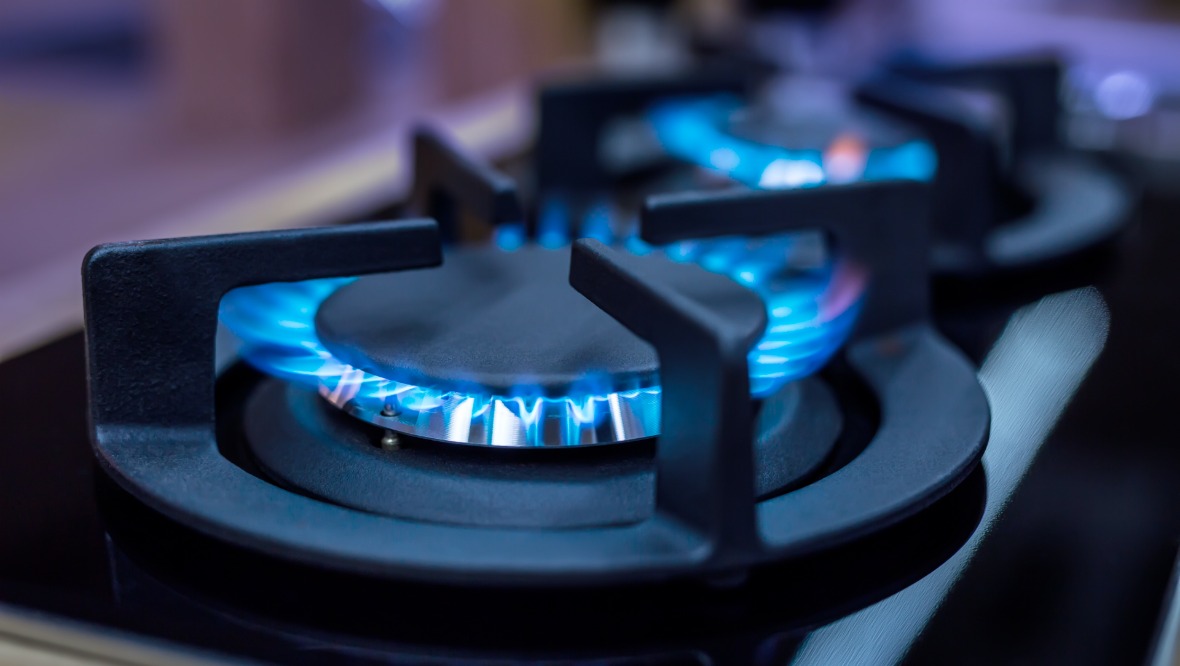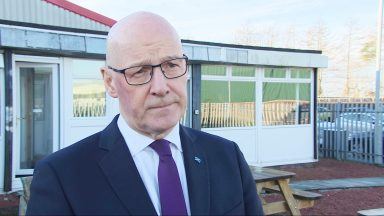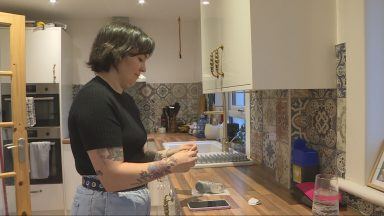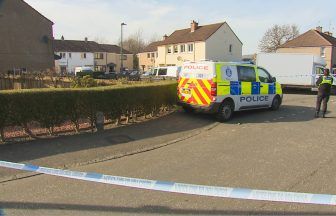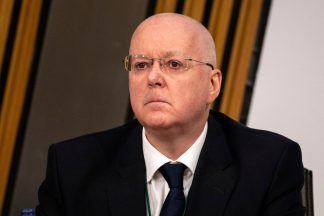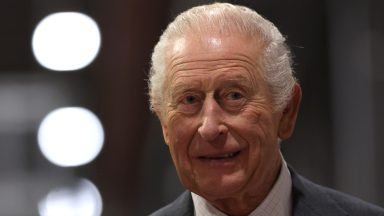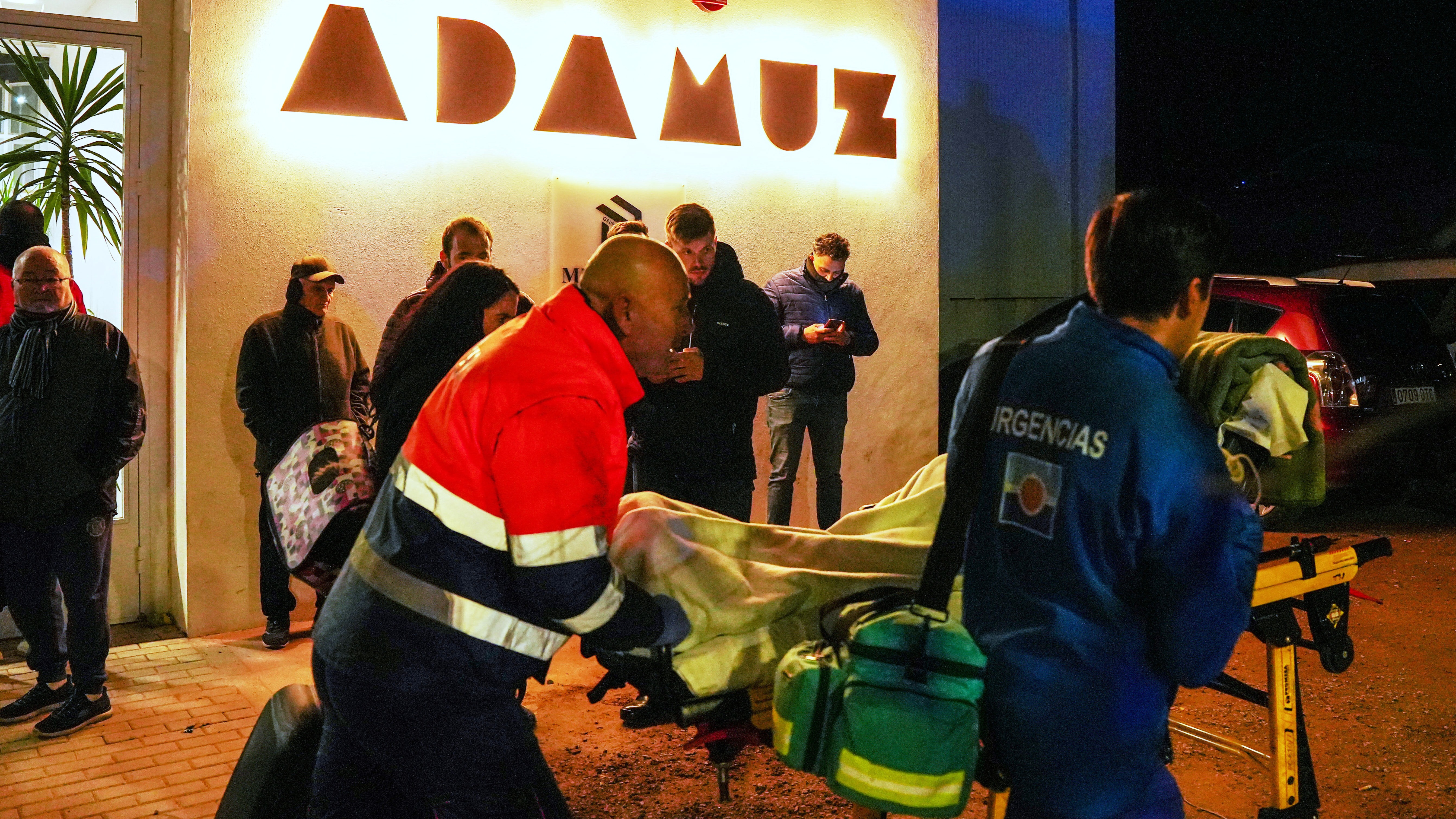Ofgem has announced that energy prices will fall sharply for households in July.
The energy regulator said on Thursday the price cap will fall to £2,074, below the Energy Price Guarantee (EPG) for the first time since it was introduced last October.
Ofgem said the £1,206 reduction to the cap reflected recent falls in wholesale energy prices.
For a typical dual-fuel household paying by direct debit, the price cap currently stands at £3,280 a year.
But with the EPG discount, that is reduced to £2,500 a year until June 30, with the UK Government offsetting the difference.
It means the average household will see their annual bill drop by £426 in July.
Costs for customers will drop but energy prices remain at historically high levels as many of the government’s support schemes have wound down.
Dr Craig Lowrey, principal consultant at Cornwall Insight, said: “Under these predictions, an average consumer would see bills drop by around £450 compared to the existing levels of the energy price guarantee, with bills currently predicted to stay relatively stable over the next nine months.”
But the analyst firm said that, while bills were falling, it did not expect them to return to pre-Covid levels “before the end of the decade at the earliest”.
“Regrettably, it looks as if these prices may become the new normal,” Dr Lowrey added.
The price of wholesale energy increased as Covid restrictions were eased and then rocketed after Russia’s invasion of Ukraine last year.
Energy prices have shown signs of easing in recent weeks, but consumers continue to have their budgets stretched by rising food prices.
What is the energy price cap?
The energy price cap sets a maximum price that suppliers can charge consumers for each kilowatt hour (kWh) they use. How much you pay depends on how much energy you use.
The cap is a government protection, calculated by Ofgem. The regulator says having it in place ensures the profit that energy suppliers make is capped.
It limits the amount that domestic customers pay to 34p per kilowatt hour (kWh) for electricity and 10.3p per kWh for gas.
On April 1, the Energy Price Cap fell by 23% – but it remains above the EPG, meaning households are continuing to pay the EPG rates until June 30, 2023.
However, due to plummeting wholesale energy prices, Ofgem has now confirmed that the EPG will drop below the Price Guarantee from July.
That means the price guarantee will fall away, and we’ll pay the lower price cap rate instead.
And what is the energy price guarantee?
The energy price guarantee is a temporary additional measure to protect consumers from the recent significant increases in wholesale gas prices.
The guarantee was put in place on October 1, 2022 and will last until April 2024. It means that consumers will pay less for their energy than they would under the price cap.
‘Not necessarily cheaper’
Reacting to the price cap cut, Citizens Advice Scotland Social justice spokesperson David Hilferty said the sharp cut may not be something to celebrate.
He said: “This fall in the price cap does not necessarily mean cheaper bills for people, given the end of the Energy Support Scheme.
“The cap remains higher than it was last summer, bills will remain higher than the beginning of this crisis in 2021, and since then people have faced a huge squeeze on their finances.”
The Energy support scheme, which gave people £400 off energy bills spread over a period of five months, ended in March this year.
Mr Hilferty said the price cap being “marginally higher” than before the cost of living crisis is “nothing to celebrate”, adding it was essential for policy makers to not grow complacent.
Ofgem boss Jonathan Brearly acknowledged that many families will continue to struggle as bills remain high.
Asked about estimates that 6.5 million people will still live in fuel poverty under the new price cap, Mr Brearley told BBC Radio 4’s Today programme: “So the reason why it is still high is ultimately although that drop (in the price of energy) is dramatic, it is not as dramatic as the rises we saw between 2021 and 2022.
“Now the market is stabilising and we are seeing signs that, for example, switching may return so we may see better offers even than the price cap.
“But ultimately, prices are higher than they were before and you’re right, many families will struggle.
“Now what we are saying is that that means alongside making sure people pay a fair price, which the price cap does, we the industry and the Government need to work together to support those vulnerable customers.”
Follow STV News on WhatsApp
Scan the QR code on your mobile device for all the latest news from around the country


